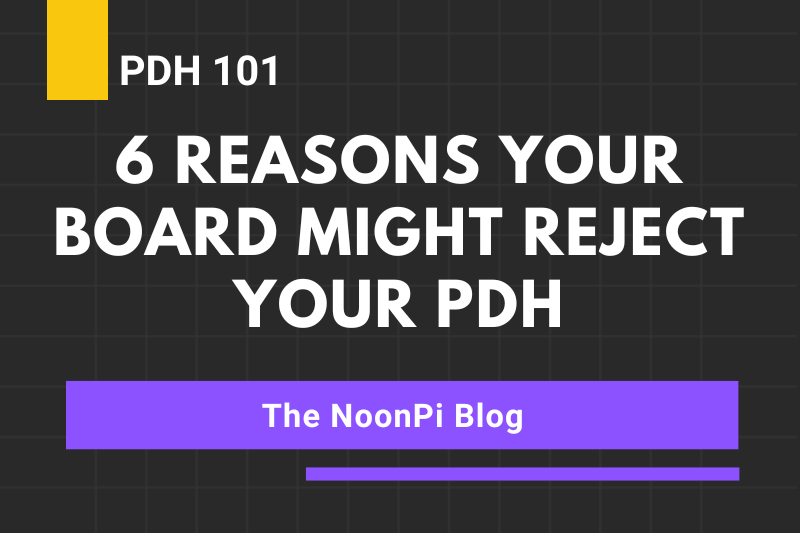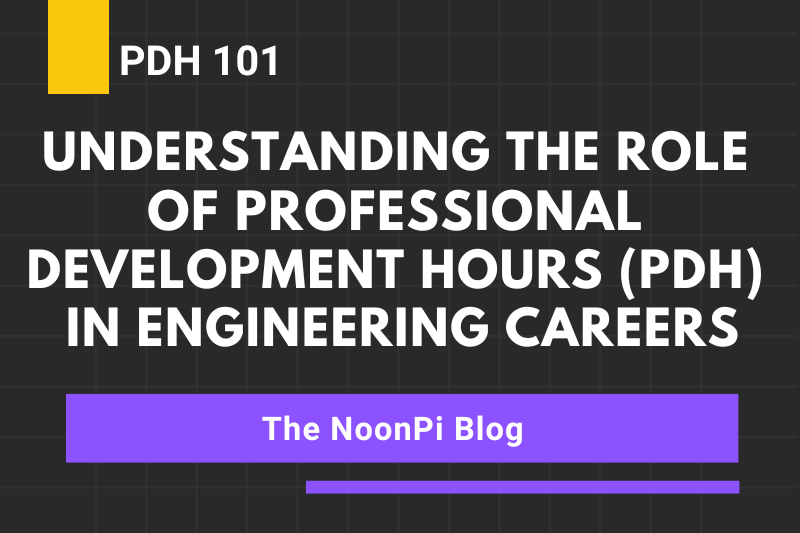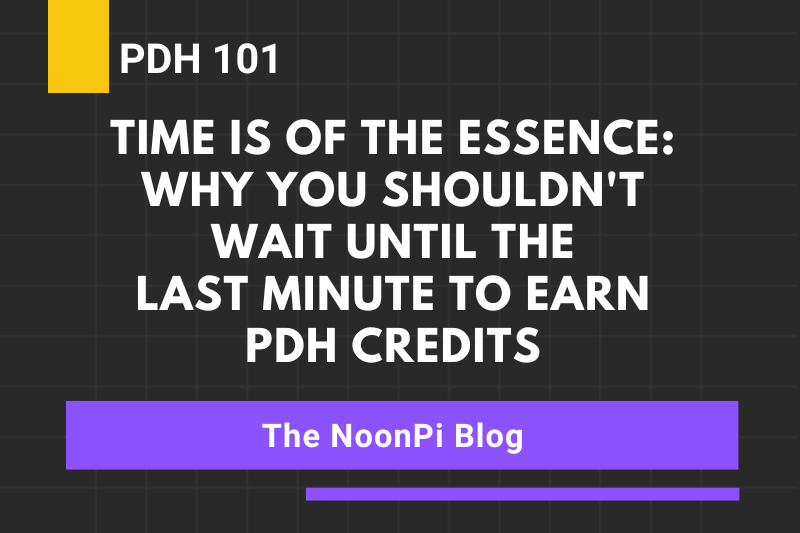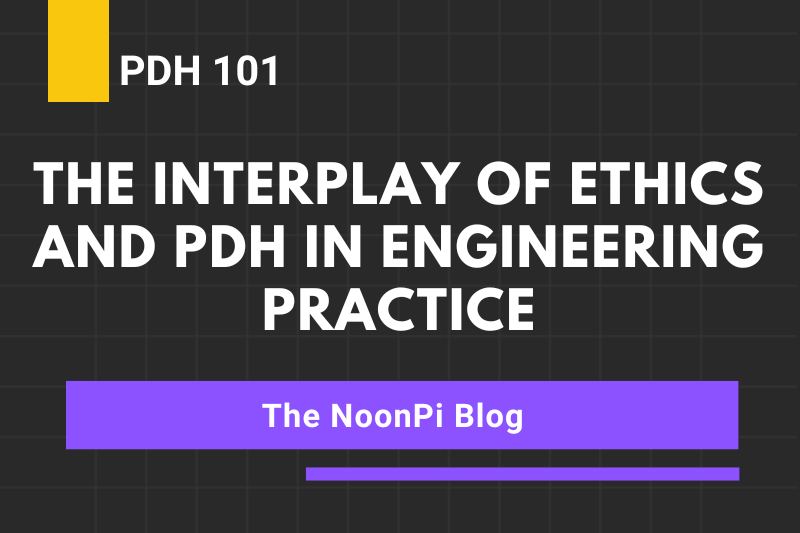Professional Development Hours (PDH) are an essential part of an engineer’s career, ensuring that the professional remains updated and competent in an ever-evolving field. However, there are times when an engineering board might reject PDH submissions. Understanding these potential pitfalls can help you better plan your continuing education and ensure that each hour you invest counts toward your professional development. Here are five reasons why your board might reject your PDH.
- Lack of Relevance to Engineering Practice
The primary aim of PDH is to ensure that you remain up-to-date with current engineering practices, trends, and technologies. Therefore, the courses or activities you undertake should be directly applicable to your professional development as an engineer. Keep in mind that some states restrict business skills, personal development, and office management topics. A course titled “How to Improve Your Negotiating Skills” may be acceptable in one state but not in another. If the board finds that your PDH activities lack relevance to your area of work or engineering at large, they may reject them. Ensure the courses or seminars you select align with your board’s rules for acceptable topics. - Non-approved Providers
Some state engineering boards have a list of approved providers for PDH activities. These providers have been vetted for their content quality and relevance to the field of engineering. If you undertake a course or seminar from a non-approved provider, the board might reject the PDH claim. Always ensure you check the status of a provider before investing your time. - Earning PDH Using an Unapproved Format
Some state boards limit the number of hours that can be earned using asynchronous distance learning methods, such as online courses. These states require that a minimum number of PDH are earned using a method that allows immediate interaction with the instructor, such as an in-person seminar or an online webinar. - Exceeding Self-Directed Study Limits
Many boards encourage self-directed study as it enables engineers to tailor their learning to their unique needs. However, all states limit the number of PDH that can be earned through self-study, preferring more structured learning experiences that include an assessment component. In fact, self-study is completely disallowed in almost every state that mandates PDH for engineers. If you exceed the self-study limits set by your board, any extra hours might be rejected. Ensure you understand the rules and guidelines regarding self-study in your jurisdiction. - Insufficient Documentation
To validate your PDH claims, boards require certain documentation. This documentation can include course descriptions, proof of attendance, completion certificates, or transcripts, among others. If your submission lacks the necessary supporting documents, your PDH might be rejected. Keep organized records of all your PDH activities and ensure you provide all required documentation with your submission. - Non-Compliance with Ethical Standards
Ethics form the backbone of any professional practice, and engineering is no exception. Some boards require engineers to earn a certain number of PDH in ethics as part of their continuing education. If your PDH activities fail to satisfy this requirement, or if there’s any hint of unethical conduct associated with your PDH submission (such as fraudulent claims), the board may reject your PDH. Always maintain the highest ethical standards in all aspects of your professional practice, including your continuing education activities.
In Conclusion
While earning PDH is a requirement for maintaining your professional engineering license, not all PDH activities may meet your board’s criteria. Avoiding these common pitfalls can save you time and frustration and ensure that your continuing education efforts count towards your license renewal.
Remember, the objective of PDH is not merely to fulfill a licensing requirement. It’s about ongoing professional development, staying abreast of new technologies and trends, and continually improving your skills and competencies. Approaching continuing educaation with this mindset can make the process more rewarding and impactful for your career.









Leave A Comment